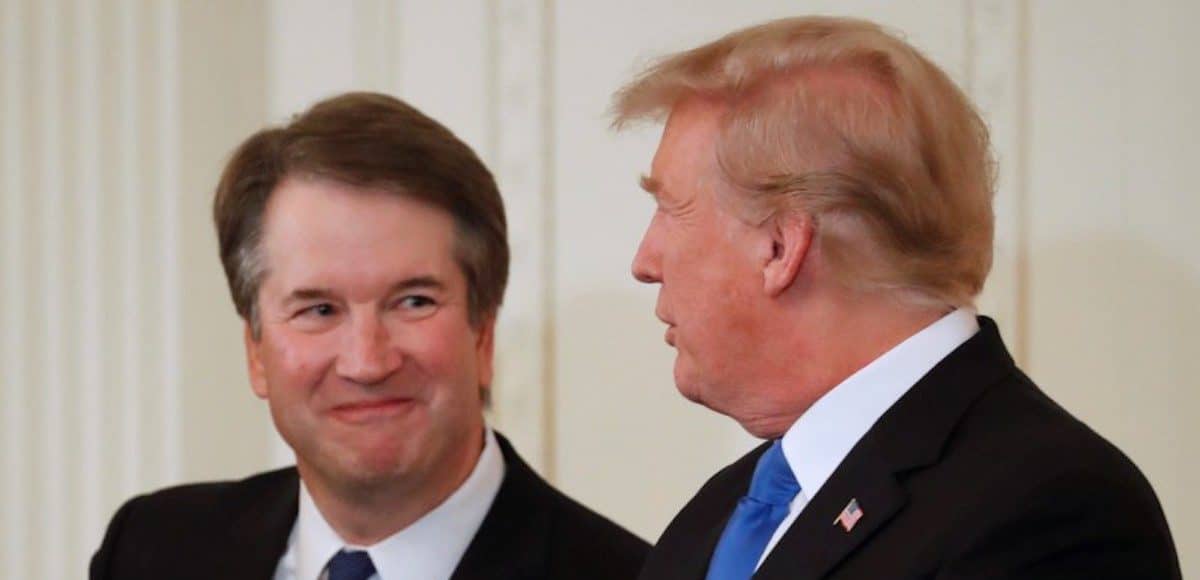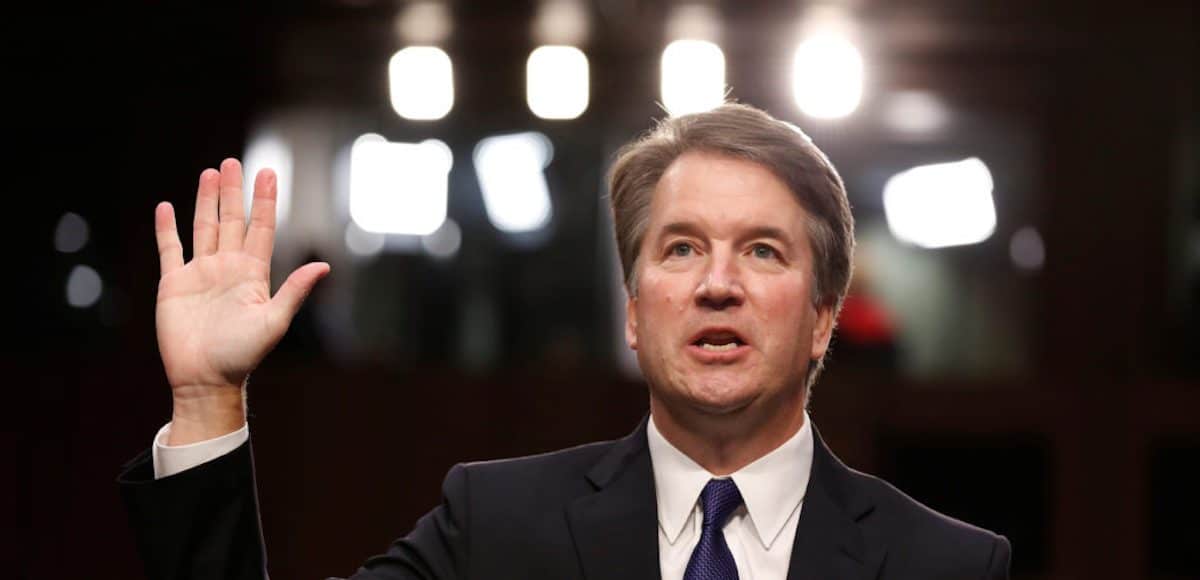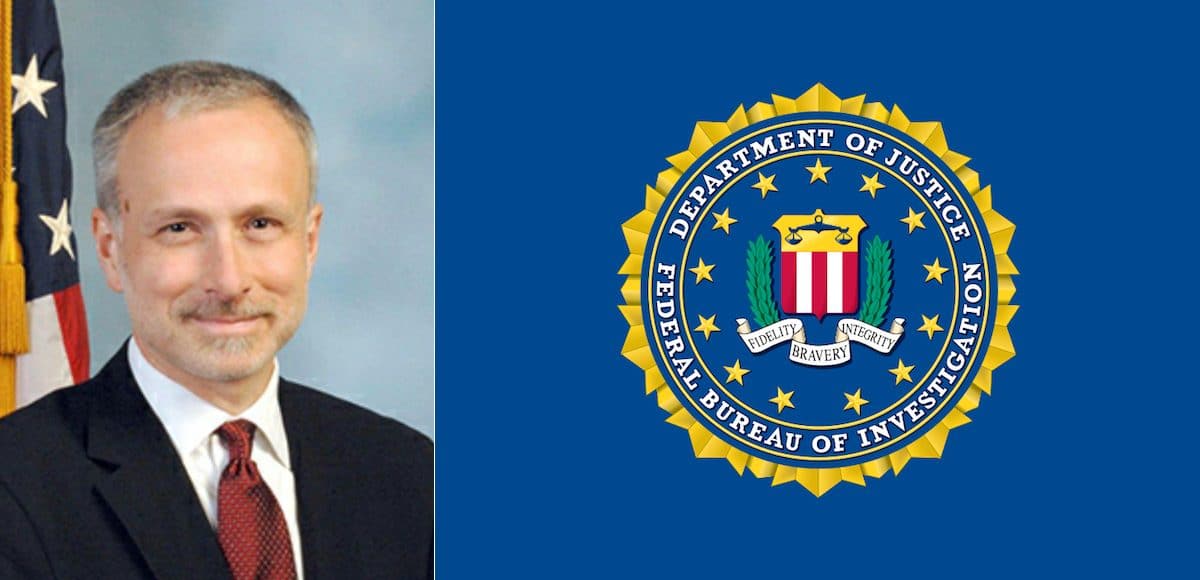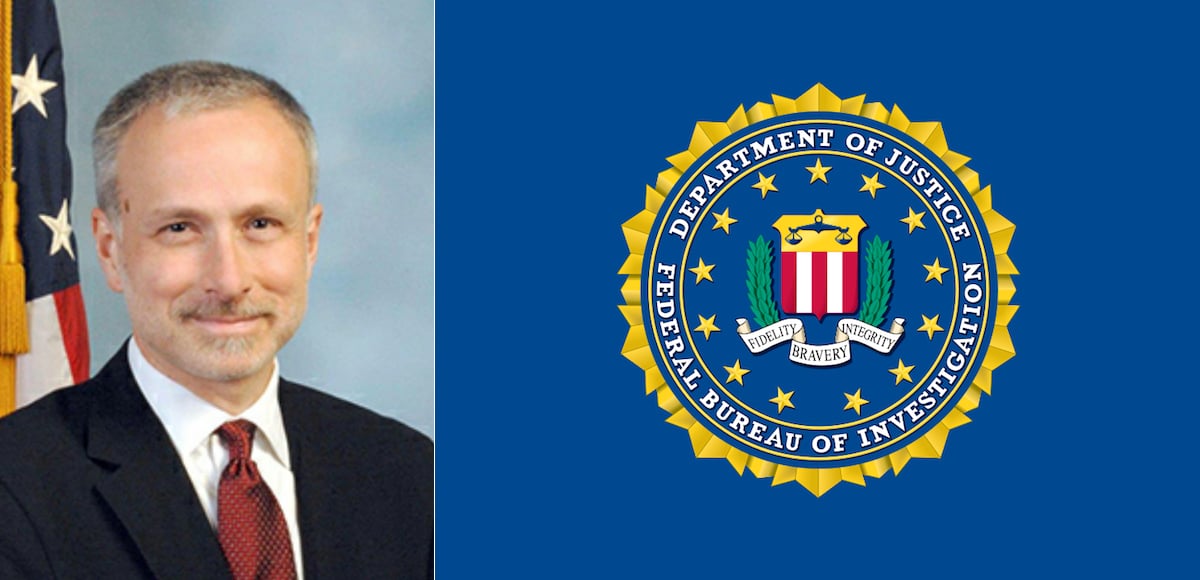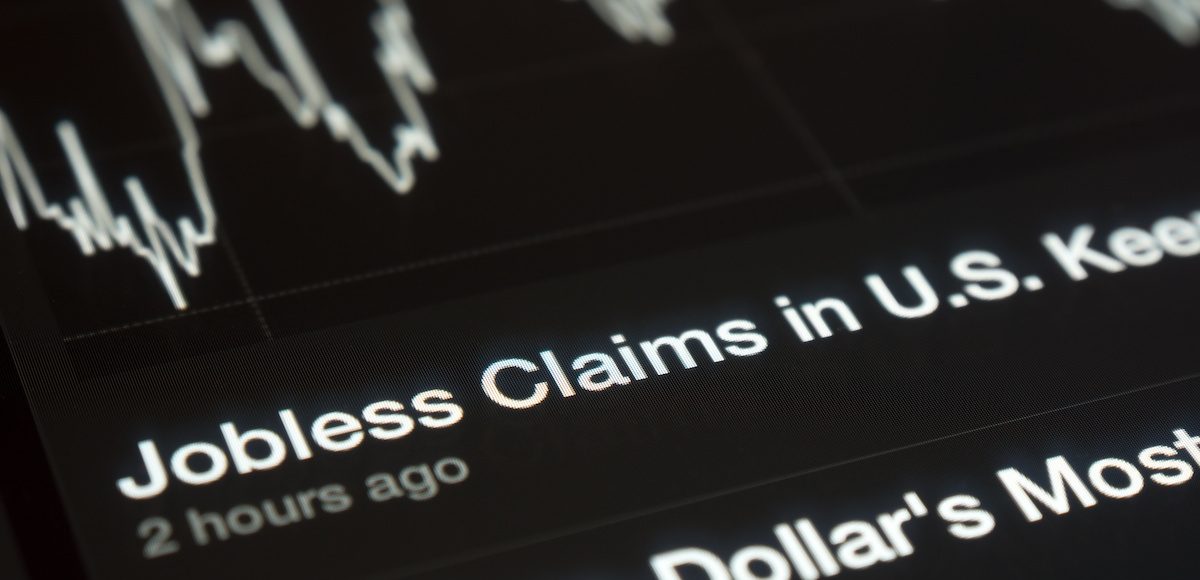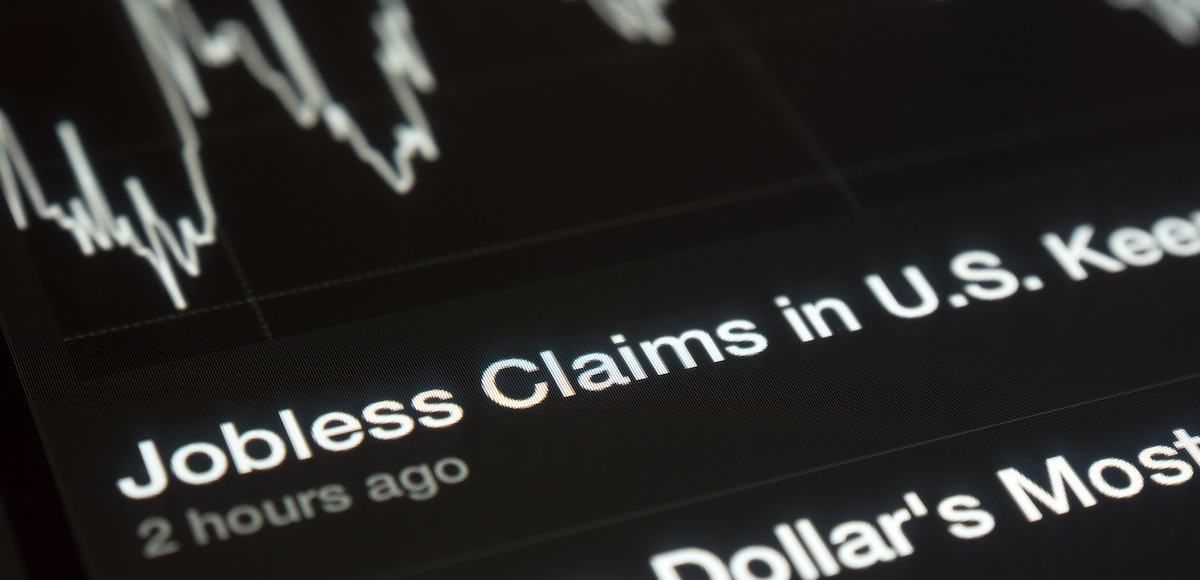Republicans Have the Votes to Confirm Brett Kavanaugh
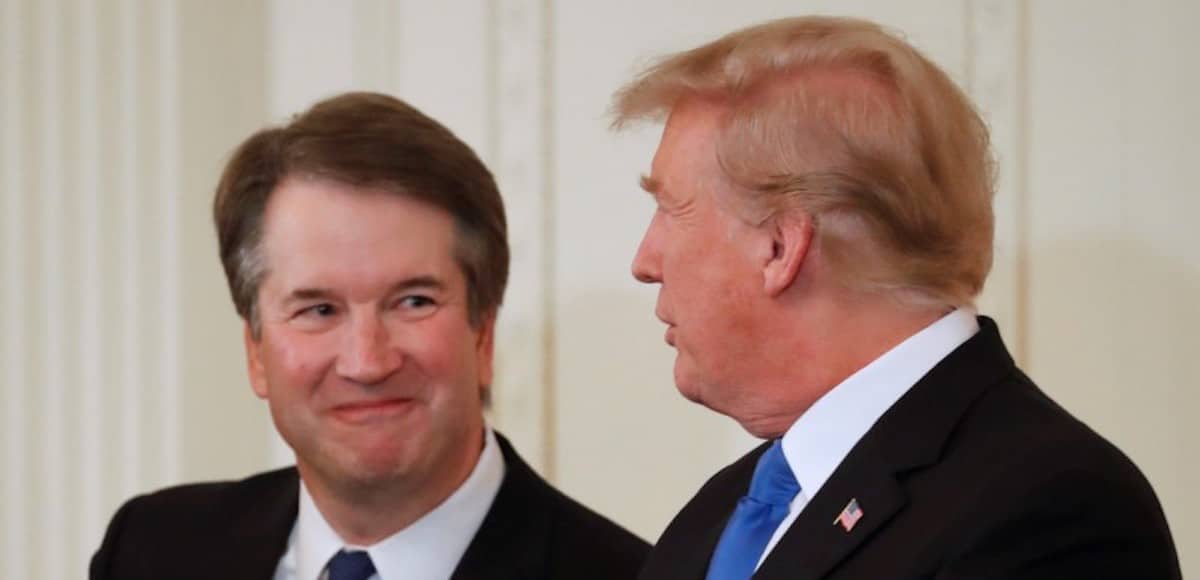
U.S. President Donald Trump and his nominee for the U.S. Supreme Court Judge Brett Kavanaugh talk during an announcement event in the East Room of the White House in Washington, U.S., July 9, 2018. (Photo: Reuters)
Republicans in the U.S. Senate have the votes to confirm Judge Brett Kavanaugh to the U.S. Supreme Court. Senator Susan Collins, R-Me., announced her support for the nomination in a passionate speech on the floor of the U.S. Senate, warning the nation would be “ill-served in the long-term if we abandon the presumption of innocence and fairness, as tempting as it may be.”
Senator Lisa Murkowski, R-Alas., announced she would vote “No” on the vote expected either Saturday or Sunday. But Senator Collins gave Republicans enough votes to confirm the “Judge’s Judge” without help from the Democratic Party.
“He’s not the right man for the court at this time,” she told reporters.
Without Senator Collins, Vice President Mike Pence would be needed to cast a tie-breaking vote. It would be the first time in American history a vice president was needed to cast the tie-breaking vote on a nominee for the U.S. Supreme Court. Senator Joe Manchin, D-W.Va., released a statement announcing he will vote “Yes” shortly after the speech.
The vulnerable incumbent Democrat is up for reelection in a state President Trump by nearly 40 points with nearly 70% of the vote. But without securing the votes themselves, his support was not reliable. A source tells PPD Senator Manchin called the White House to voice support for the nominee, but held out in an attempt to avoid becoming the 50th vote.
The projection for the U.S. Senate election in West Virginia is Slightly Democrat.
Judge Kavanaugh, 53, serves on the U.S. Court of Appeals for the District of Columbia Circuit. President Trump nominated the “Judge’s Judge” to replace Justice Anthony Kennedy, who announced a few weeks before that he would retire, effective July 31.
The Senate Judiciary Committee began holding hearings for the confirmation on September 4. Despite Democrats’ repeated attempts to obstruct, pay protestors and stage outbursts, they didn’t land a glove on him.
Then, Professor Christine Blasey Ford, a liberal activist and Palo Alto University psychology professor, alleged Judge Kavanaugh attempted to rape her at a high-school party in or about 1982, when he was 17 and she was 15. She can’t be certain of the year, how she got to and from the event, and has even given various versions of the story.
There is no contemporaneous evidence. The persons named in her accounts have changed, depending on the various versions told to the Washington Post, her therapist or to lawmakers in the U.S. Senate.
The allegation, which has been disputed by all parties mentioned in her account, including by her own friend, was made in a letter to Senator Dianne Feinstein, D-Calif., the Ranking Member of the Senate Judiciary Committee. She withheld it for 6 weeks and it was only until after the committee held the confirmation hearings that the letter was leaked against Professor Ford’s wishes to remain anonymous.
Unsurprisingly, multiple women subsequently came forward with their own allegations, all of which crumbled under scrutiny.
The FBI was ordered by President Trump last week to look into “recent and credible” allegations of sexual misconduct leveled against Judge Kavanaugh. Senator Jeff Flake, R-Ariz., joined Senate Democrats in calling for the investigation after Professor Ford and Judge Kavanaugh both testified before the committee last week. The Senate Judiciary Committee cleared the nomination that same day.
Senator Flake announced Friday he will vote to confirm “unless something big were to change. I don’t see what would.”
Over the same days the FBI conducted their investigation, Judge Kavanaugh’s accusers have received greater scrutiny, and it’s casting even more doubt on their credibility.
Senate Judiciary Committee Chairman Chuck Grassley, R-Ia., said Friday morning before the cloture vote that FBI form 302s from the investigation indicate multiple witnesses were pressured to change their stories so that they’d corroborate accusations. The chairman was responding to a report in The Wall Street Journal claiming a friend of Professor Ford told FBI investigators that she felt pressured to change her initial statement that did not corroborate the alleged sexual assault.
“There is evidence I can’t speak about because it’s in the FBI report. But there’s evidence about other people that have been questioned — that they were led into it, as well,” Chairman Grassley said. “So, this is another example for headquarters for the Resistance being right here on Capitol Hill.”
FBI form FD-302 is used by agents to “report or summarize the interviews that they conduct.”
The key part of a 302 is the memo section, a combination of what the agent was able to write down during the interview and their recollection afterward. It either will list the agents’ questions and answers or serve as a simple narrative of what the witness said. Regardless, it largely consists of information taken from the subject, interviewee or witness, rather than details about the subject, themselves.
If confirmed, Justice Kavanaugh would be the second appointed by President Trump.
With a 51-49 majority in the U.S. Senate, Republicans typically can’t afford to lose more than one of their own if all Democrats were to vote together. Senator Steve Daines, R-Mont., may be “absent” attending his daughter’s wedding on Saturday. If so, it would be 50-49, which would be still enough to confirm Judge Kavanaugh without having to rely on a tie-breaking vote from Vice President Pence.
Republicans in the U.S. Senate have the
